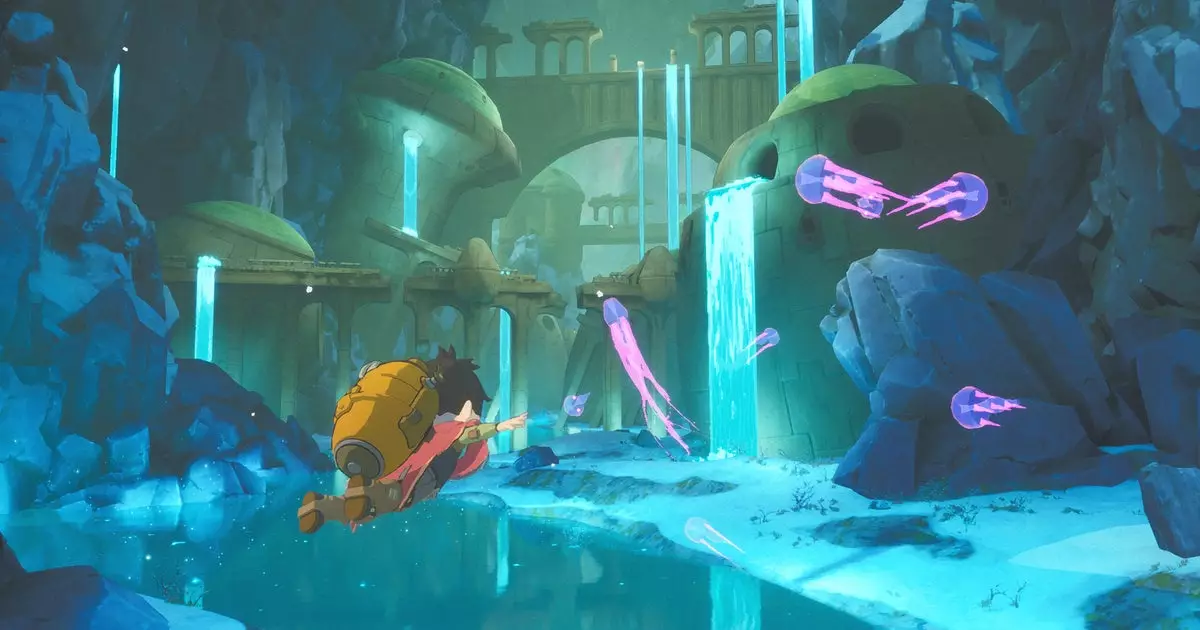Studio Ghibli has long been celebrated for its captivating storytelling and breathtaking visuals, which resonate within both film and video game culture. Games infused with this enchanting aesthetic often evoke notions of whimsy, adventure, and an appreciation for nature, much like the films themselves. A recent title, Europa, emerges from this rich tradition, inviting players to explore a beautifully crafted world filled with puzzles, secrets, and a unique narrative journey. As players step into the role of Zee, the android hero, they are greeted with lush environments and an unmistakable warmth reminiscent of Ghibli classics.
Adventures Await in Europa’s Landscapes
Europa attempts to transport players to a realm where blue skies meet gently swaying grass, echoing the serenity found in Studio Ghibli’s films. This game is structured to offer 3 to 4 hours of gameplay, packed with challenges that require both creativity and insight. At the heart of Europa is the protagonist’s evolution; Zee’s journey hinges on upgrading movement capabilities, a mechanic that promises to engage players as they navigate sky islands and unravel secrets. The developers aim to create a realm that caters not only to visual exploration but also to the thrill of discovery, making every interaction in this world meaningful.
Crafted by Helder Pinto—an artist who honed his skills on major titles like Overwatch—Europa epitomizes the culmination of an artist’s vision and passion. Pinto commenced this endeavor as a side project, infusing the game with his unique aesthetic sensibilities while maintaining a connection to his experiences in the gaming industry. However, the question remains: can Europa successfully carve out its identity within the plethora of Ghibli-adjacent games that often feel like mere imitations? Throughout the years, many titles have attempted to replicate the Ghibli magic only to fall short by reducing complex narratives to familiar tropes that lack depth.
As someone who has experienced various Ghibli-flavored games, I acknowledge a recurring disappointment where the charm of the aesthetic overshadows substantial storytelling. For instance, Ni no Kuni, despite its beautiful animation and score, sometimes feels like it’s trading genuine engagement for nostalgia. This brings attention to a vital question for Europa: will it engage players solely through puzzles and exploration, or will it also incorporate deeper narrative threads and emotional resonance that evoke genuine connections?
Ultimately, Europa’s promise of exploration and delightful puzzles could offer a refreshing experience amidst an often repetitious gaming landscape. Although the demo is no longer available, potential customers can anticipate a modest price point for the full experience. Whether or not Europa distinguishes itself in the crowded field of Ghibli-inspired games remains to be seen. However, the allure of discovering new worlds, solving intricate challenges, and experiencing rich storytelling has drawn many to embrace this evolving genre—fingers crossed that Europa will soar to new heights in the hearts of players.

